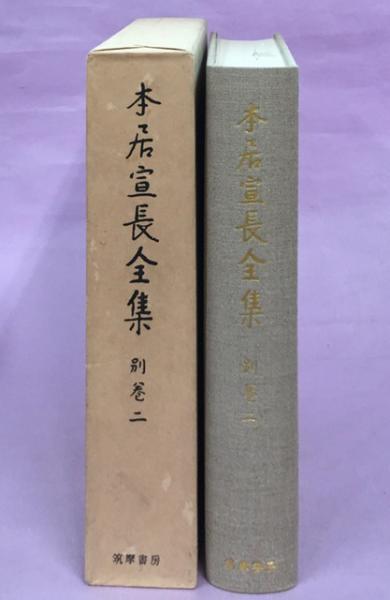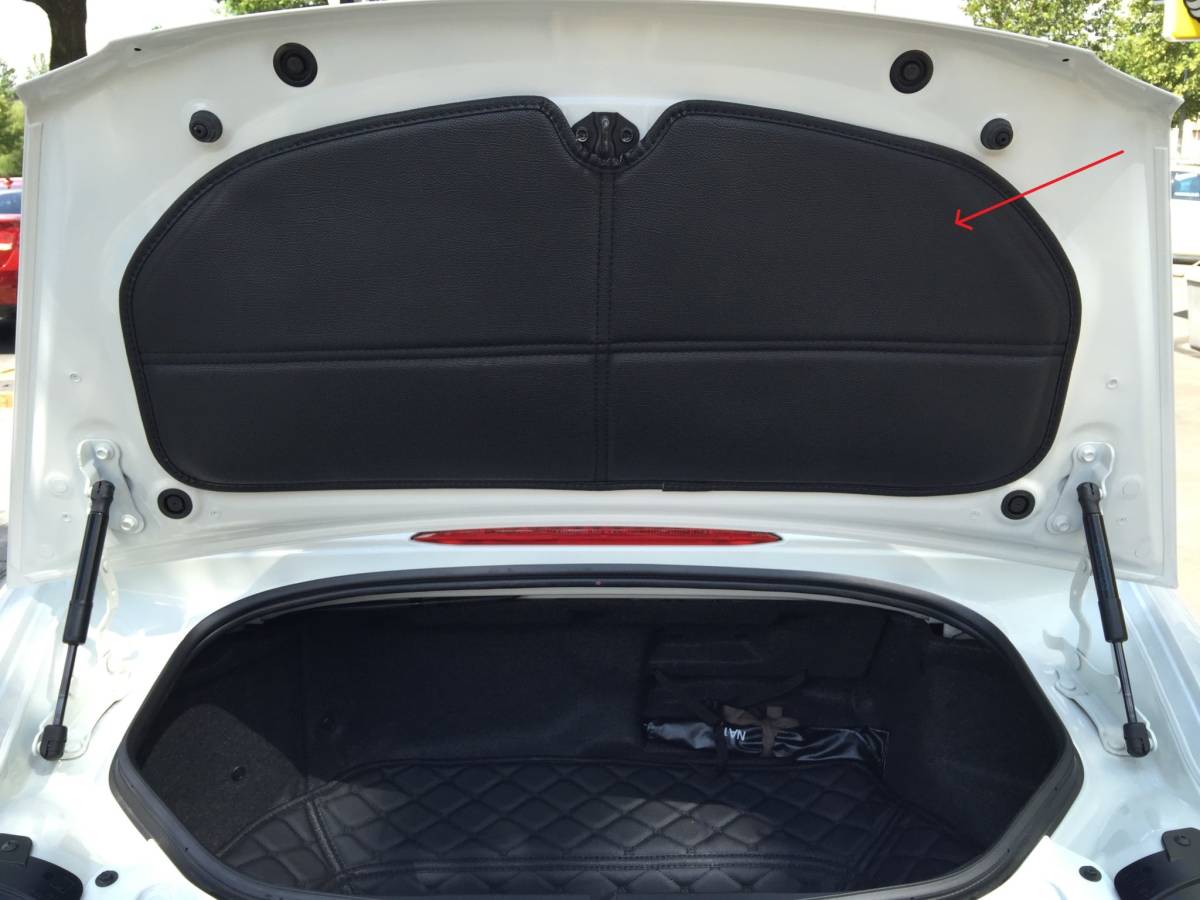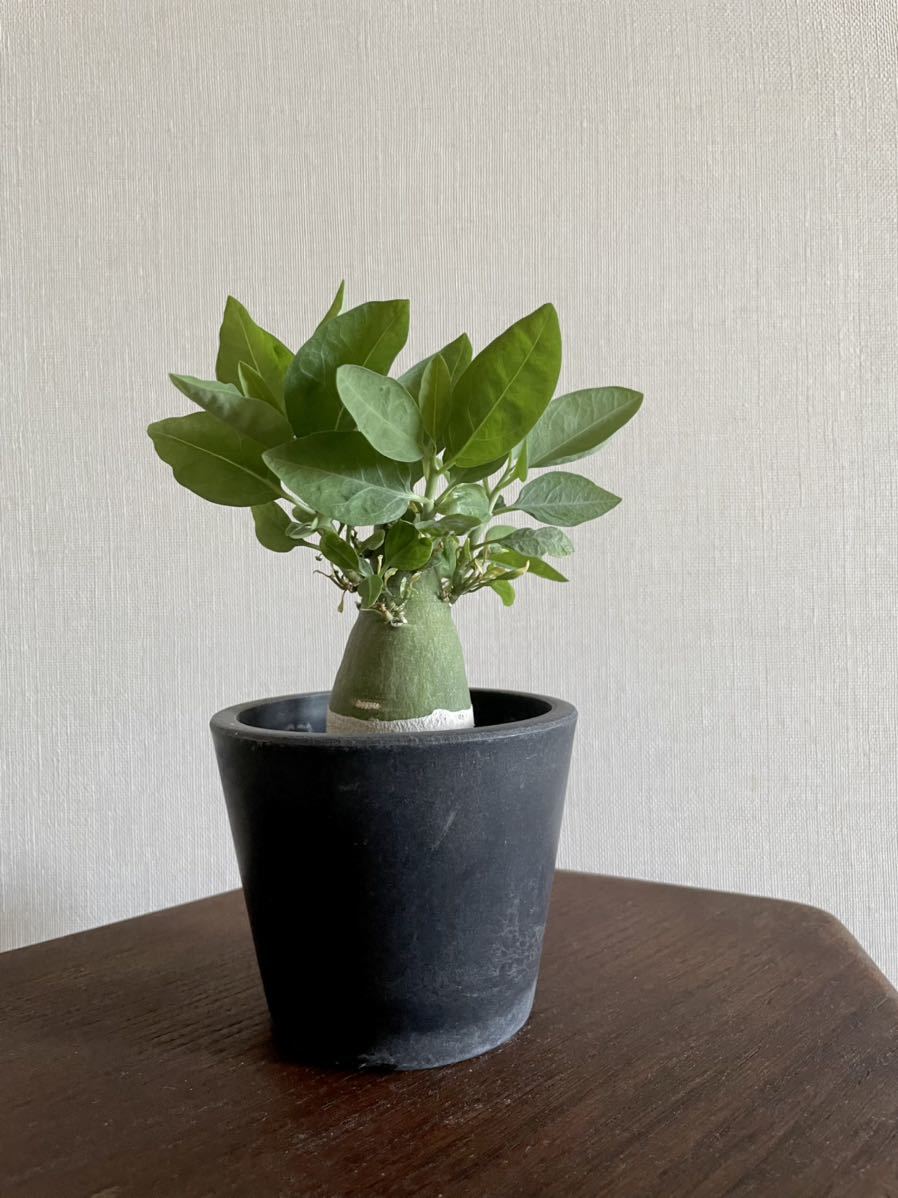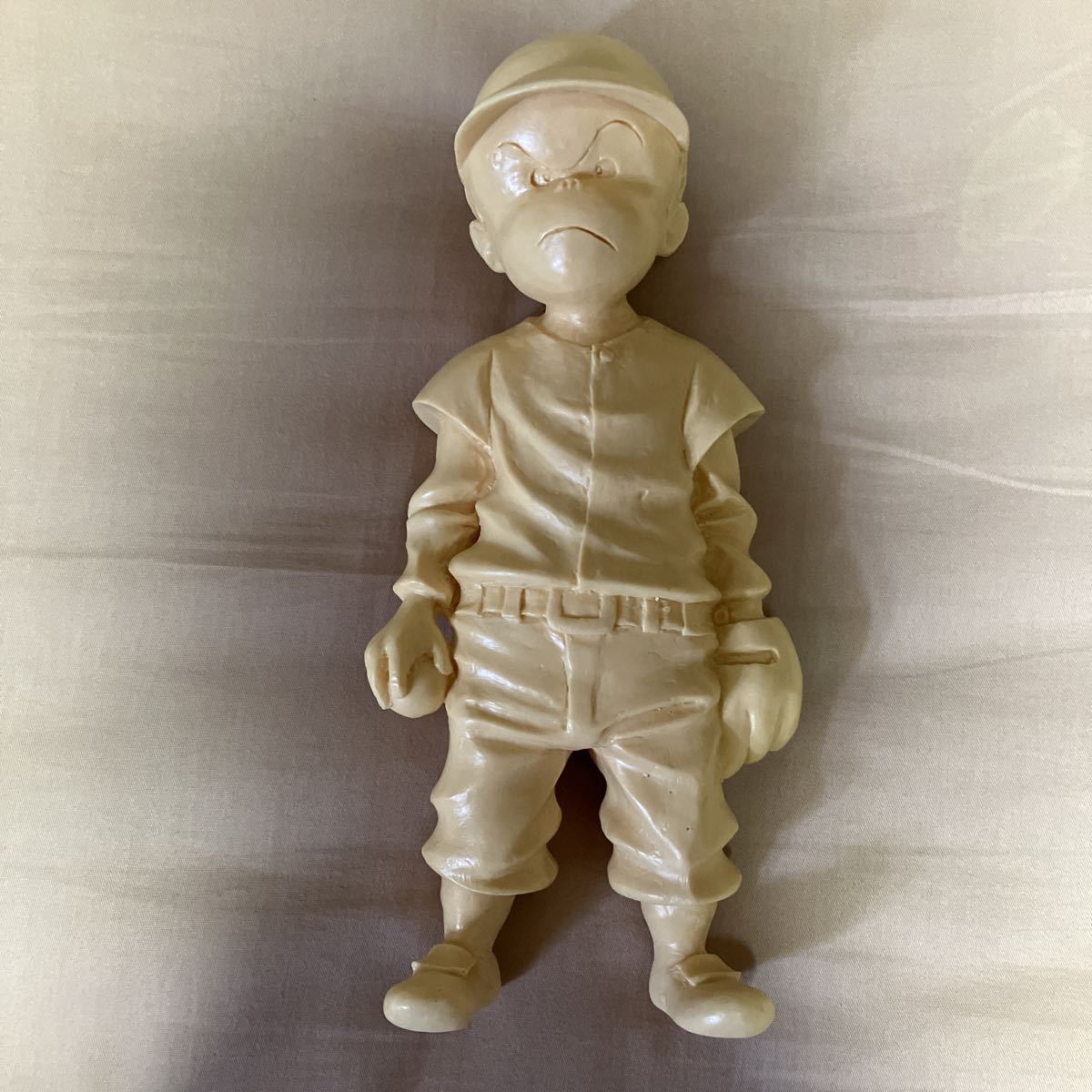商品の詳細
本居宣長全集 1 ─宇比山踏/玉勝間/他本居宣長全集 2 ─排蘆小船/石上私淑言/他
本居宣長全集 3 ─古今集遠鏡/他
本居宣長全集 4 ─紫文要領/他
本居宣長全集 5 ─詞の玉緒/漢字三音考/他
本居宣長全集 6 ─萬葉集玉の小琴/他
本居宣長全集 7 ─続記宣命問目/他
本居宣長全集 8 ─馭戎慨言/玉くしげ/他
本居宣長全集 9 ─古事記伝1
本居宣長全集10 ─古事記伝2
本居宣長全集11 ─古事記伝3
本居宣長全集12 ─古事記伝4
本居宣長全集13 ─本居宣長随筆
本居宣長全集14 ─古事記雑考/講後談/他
本居宣長全集15 ─鈴屋集/石上稿
本居宣長全集16 ─日記/婚姻書紀/他
本居宣長全集17 ─書簡集
本居宣長全集18 ─菅笠日記/詩文稿/他
本居宣長全集19 ─済世録・諸用帳/他
本居宣長全集20 ─家のむかし物語/他
☆ 各 A5版 4,9.10,11,12,16 月報無、13,14,15巻 外箱無、本体は概ね良好
☆ 第9巻のみ 巻頭30頁ほどに線引き多数、内表紙前に書き込み有り。
◎ 送料 落札者負担 ゆうパック120(おてがる版)
商品の説明

本居宣長全集本 - その他
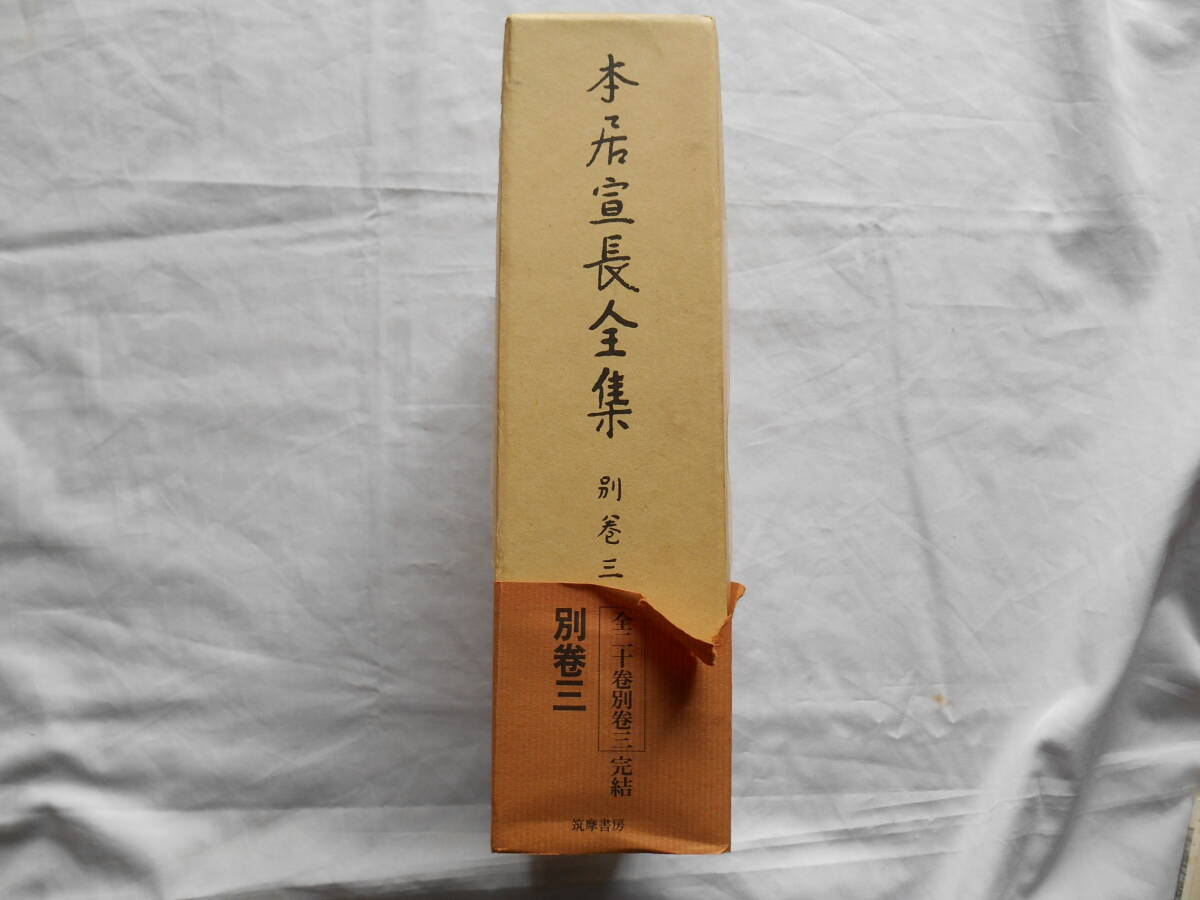
2024年最新】Yahoo!オークション -本居宣長全集(本、雑誌)の中古品・新品・古本一覧

本居宣長全集 全20巻(別巻無) 大野晋編集 筑摩書房 - 文学、小説

本居宣長全集 全20巻(別巻無) 大野晋編集 筑摩書房 - 文学、小説

本居宣長全集 9-12巻 古事記伝全巻 - 人文/社会
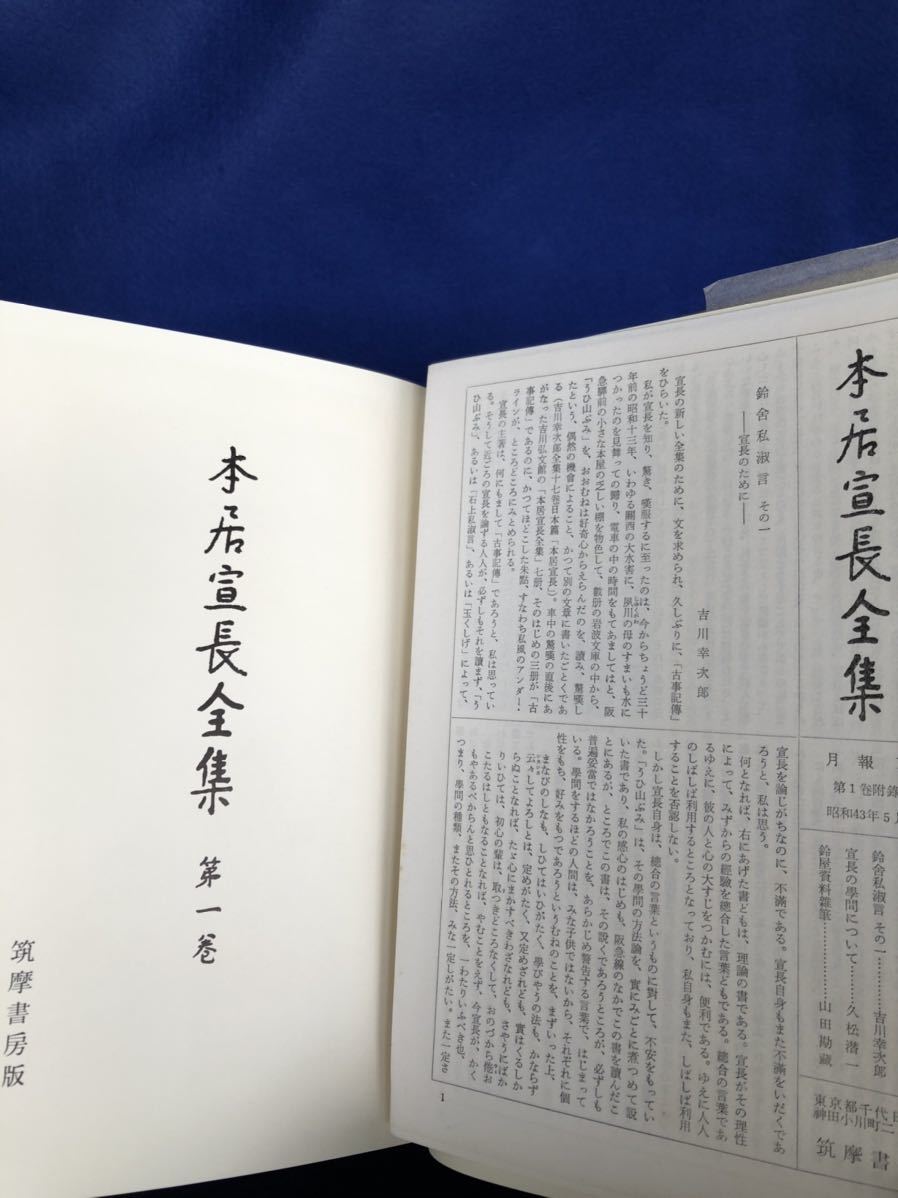
初版 本居宣長全集 20冊一括 筑摩書房 - 文学、小説
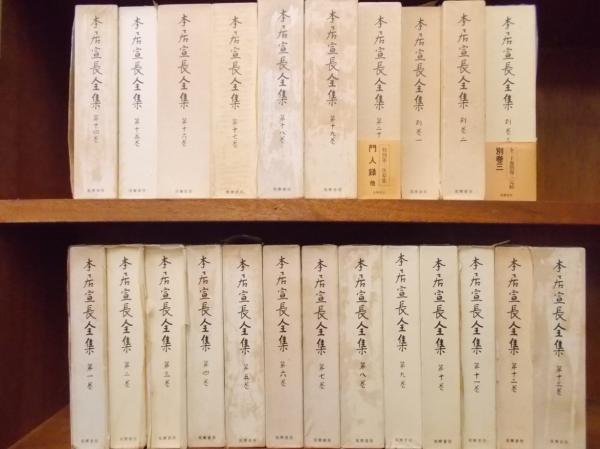
本居宣長全集 全23巻〈全20+別巻3冊〉 (本居宣長 著 / 大野晋、大久保正 編集校訂) / 古本、中古本、古書籍の通販は「日本の古本屋」 / 日本の古本屋
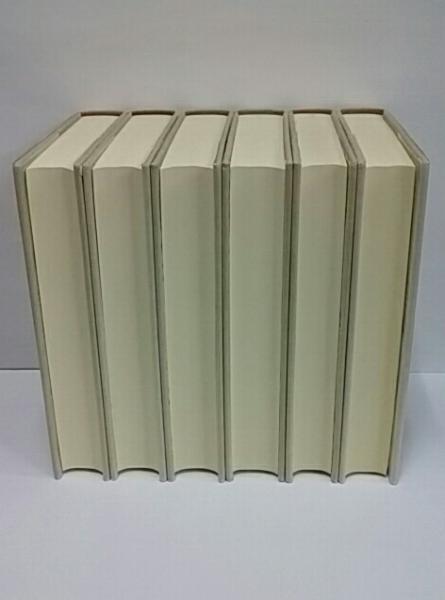
本居宣長全集 全20巻(別巻無) 大野晋編集 筑摩書房 - 文学、小説
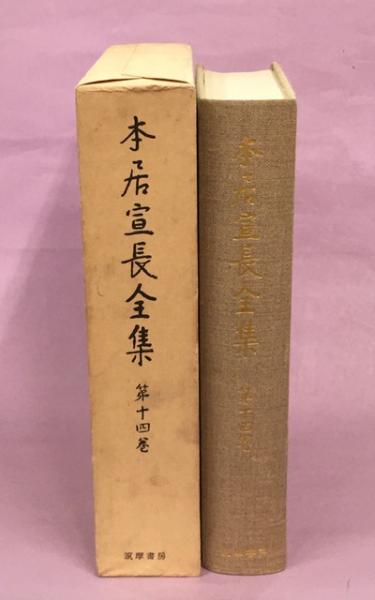
本居宣長全集 - 本

本居宣長全集 - 本
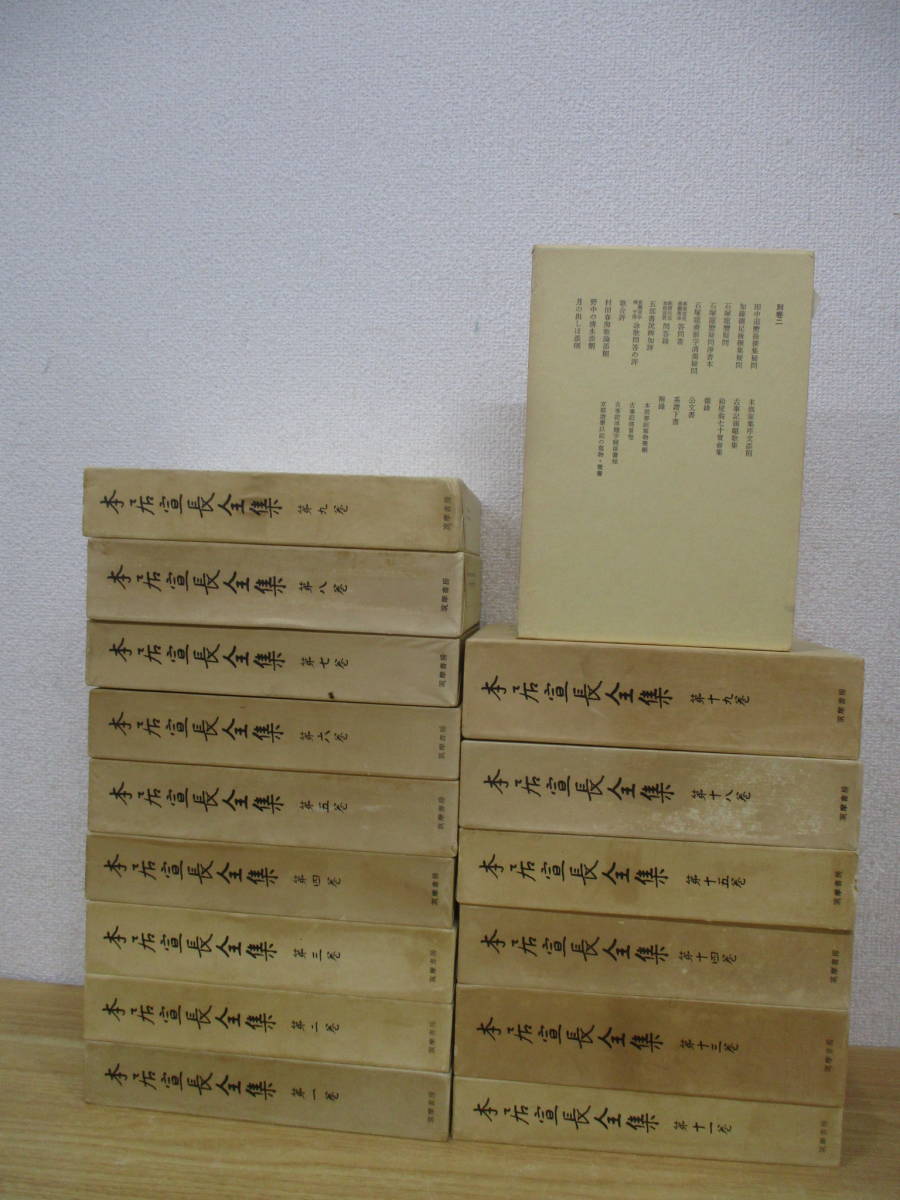
2024年最新】Yahoo!オークション -本居宣長全集(本、雑誌)の中古品・新品・古本一覧

筑摩書房 本居宣長全集17 ─書簡集 / 本居 宣長 著, 大野 晋 著, 大久保 正 著

筑摩書房 本居宣長全集20 ─家のむかし物語/他 / 本居 宣長 著, 大野 晋 著, 大久保 正 著

本居宣長全集 全20巻(別巻無) 大野晋編集 筑摩書房 - 文学、小説
最新のクチコミ
高校生の息子の部活用に購入しました。着やすく満足です。
- YJB*****さん
- 50歳
- アトピー
- クチコミ投稿 3件
購入品
168cm58kg 普段lサイズ購入してます
リモートワークように購入しました。
ロングのものを購入し、久しぶりに足首近くまであるロングスカートに出会えました!
また、思ったよりも細身で、ヒップ周りは気になりますが
きれいに見えるようで周囲の人から大好評でした
暖かく、普段でも着ようと思います!
洗濯後も問題なさそうです!
- ZOW*****さん
- 23歳
- アトピー
- クチコミ投稿 2件
購入品
配達が迅速でした
初めてのワイヤレスイヤホンの購入です
デザインも耳障りもよく、値段の割に高品質です
これから、説明書をよく読み、使いこなしていこうと思います
- PRC*****さん
- 47歳
- アトピー
- クチコミ投稿 2件
購入品
安いし配送も早いし助かりました。
プレゼントのバッグもしっかりした作りで得しました。
サイズですが168センチ、65キロ、ちょいぽちゃで
おなかがポッコリなので、迷いに迷って13ABR注文。
肩幅とか大きすぎず、おなか周りに余裕がありらくです。
縫製もちゃんとしてるし、買ってよかったです。
- MZN*****さん
- 34歳
- アトピー
- クチコミ投稿 2件
購入品
ジュエルピンクを娘の部屋用に注文。写真の
通りで娘も可愛いと気に入ったみたいです。厚地でお値段の割にいいものだと思います!
- GLF*****さん
- 34歳
- アトピー
- クチコミ投稿 2件
購入品
大理石柄にしました。とても可愛いです。
私だけでなく小さい子どもにも使ってみましたが、火傷の心配もなくすぐにクセが取れて時短になりました♪
- AST*****さん
- 44歳
- アトピー
- クチコミ投稿 2件
購入品
主人のプレゼント用で頼んだのですが、梱包も丁寧で品物も喜んでもらえました。
発想も早くてとても助かりました。
大きさもちょうどよく、背負いやすいとの事でした。
- TAE*****さん
- 20歳
- アトピー
- クチコミ投稿 3件
購入品
つけ心地がよく、胸がいい感じに盛り上がるので、大変満足です!
- BDH*****さん
- 41歳
- アトピー
- クチコミ投稿 2件
購入品
在宅勤務になり、ノートパソコンをテレビにつなぐのに購入しました。このお値段で手に入り嬉しいです。
- LUL*****さん
- 22歳
- アトピー
- クチコミ投稿 3件
購入品
本、雑誌・文学、小説・本、雑誌・文学、小説
-
-
2

アルベロベロ 靴下セット
アルベロベロ 靴下セット
¥9,800
-
4

スヌーピーとコラボ商品です。
スヌーピーとコラボ商品です。
¥33,000
-
6

簡易水栓 トイレ TCW-3、TWT-3B
簡易水栓
¥55,000
この商品を見ている人におすすめ
-
-

★特価品☆
¥16,500
-

ウエアハウス 福岡店オープン記念モデル(大戦モデル)
¥12,600
-
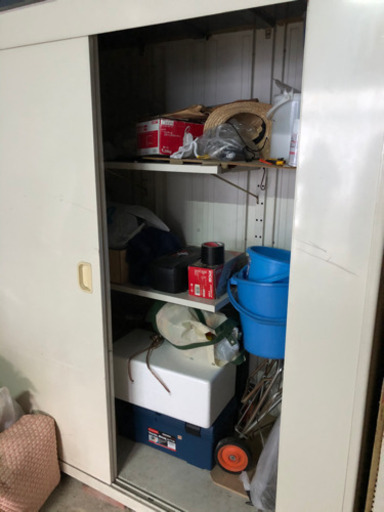
シャッター付きのガレージに置いてました。
¥20,000
-

幕末会津藩
¥8,000
-

【高級】Charme
¥13,680
-
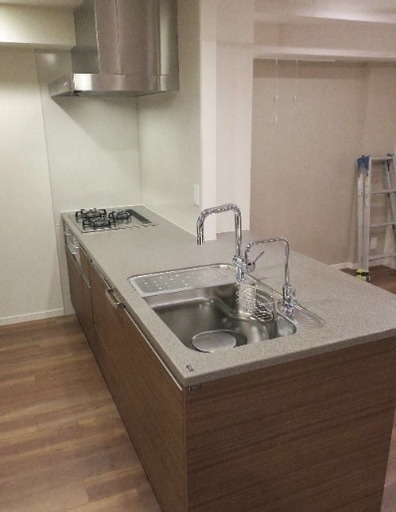
◇
¥260,000
-




